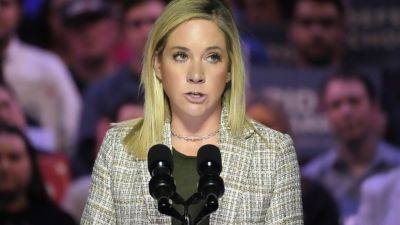Supreme Court Rejects Challenge to Consumer Watchdog’s Funding
The Supreme Court rejected a challenge on Thursday to the way the Consumer Financial Protection Bureau is funded, one that could have hobbled the bureau and advanced a central goal of the conservative legal movement: limiting the power of independent agencies.
The vote was 7 to 2, with Justice Clarence Thomas writing the majority opinion.
Had the bureau lost, the court’s ruling might have cast doubt on every regulation and enforcement action it had taken in its 13 years of existence, including ones concerning mortgages, credit cards, consumer loans and banking.
The central question in the case was whether the way Congress chose to fund the bureau had violated the appropriations clause of the Constitution, which says that “no money shall be drawn from the Treasury, but in consequence of appropriations made by law.”
Justice Thomas said the mechanism was constitutional.
“Under the appropriations clause,” he wrote, “an appropriation is simply a law that authorizes expenditures from a specified source of public money for designated purposes. The statute that provides the bureau’s funding meets these requirements. We therefore conclude that the bureau’s funding mechanism does not violate the appropriations clause.”
Justice Samuel A. Alito Jr., joined by Justice Neil M. Gorsuch, dissented.
The bureau, created after the financial crisis as part of the 2010 Dodd-Frank Act, is funded by the Federal Reserve System, in an amount determined by the bureau so long as the sum does not exceed 12 percent of the system’s operating expenses. In the 2022 fiscal year, the agency requested and received $641.5 million of the $734 million available.
A unanimous three-judge panel of the U.S. Court of Appeals for the Fifth Circuit, in New Orleans, ruled







